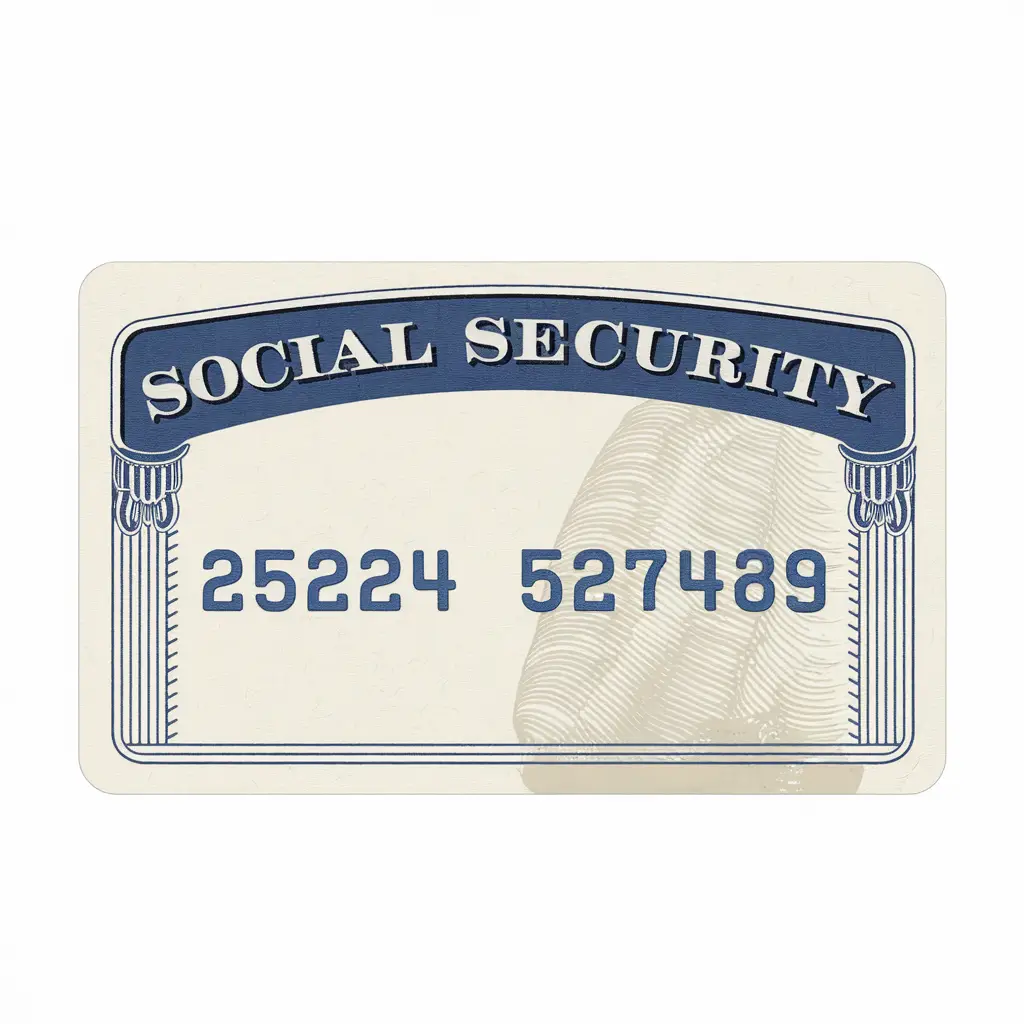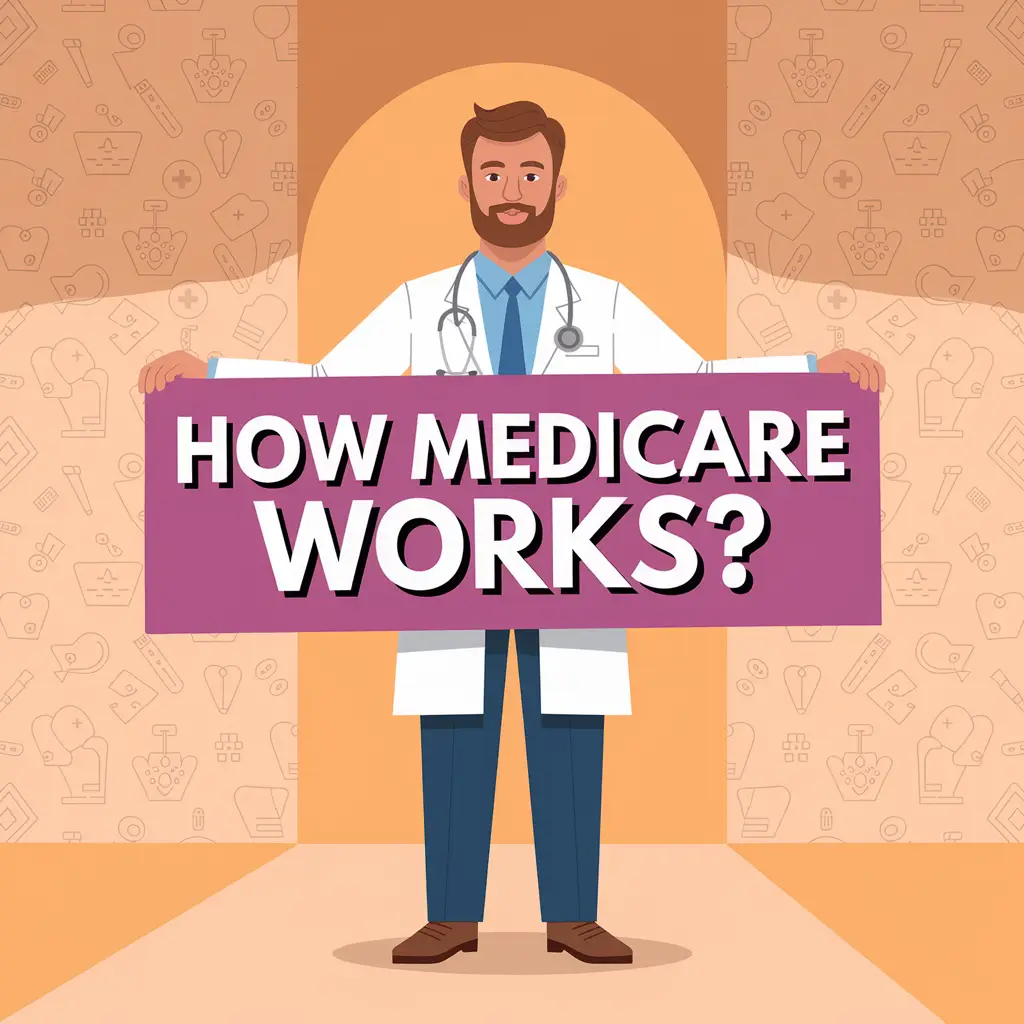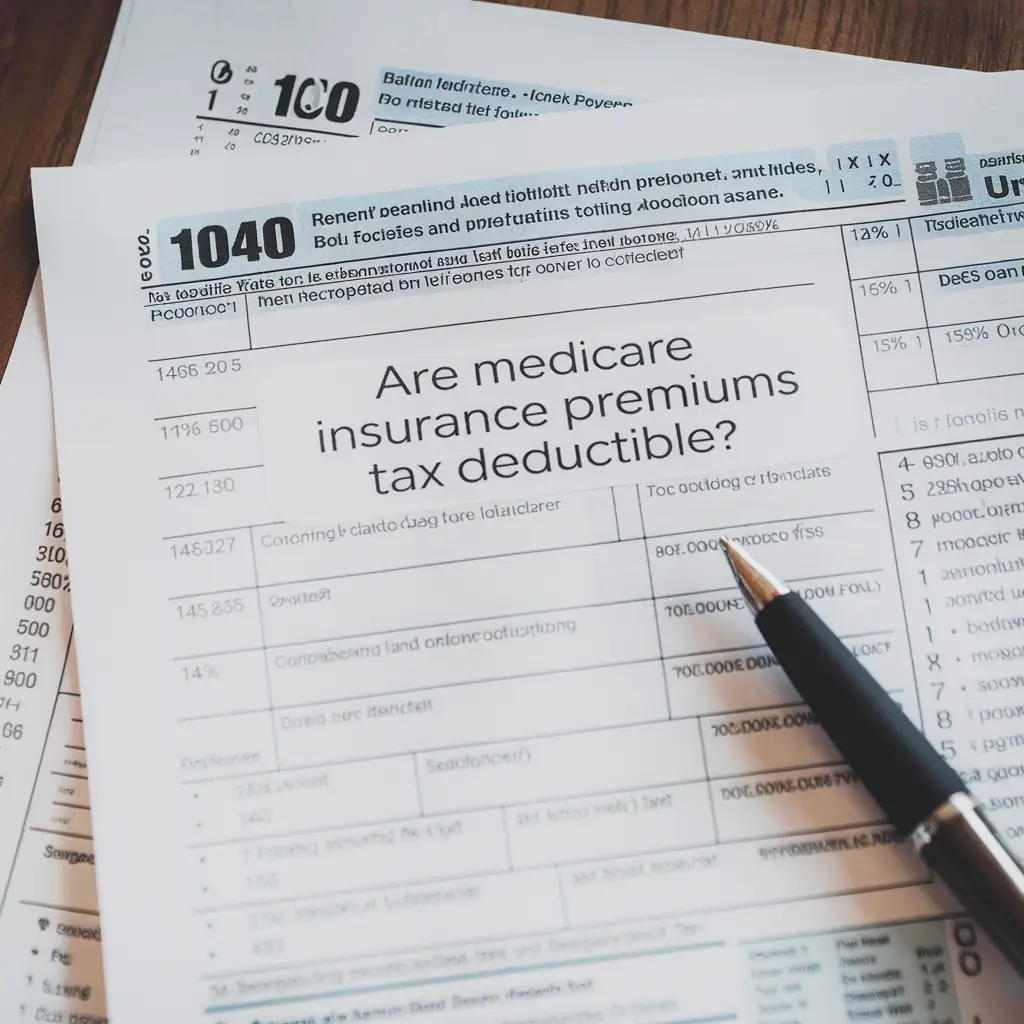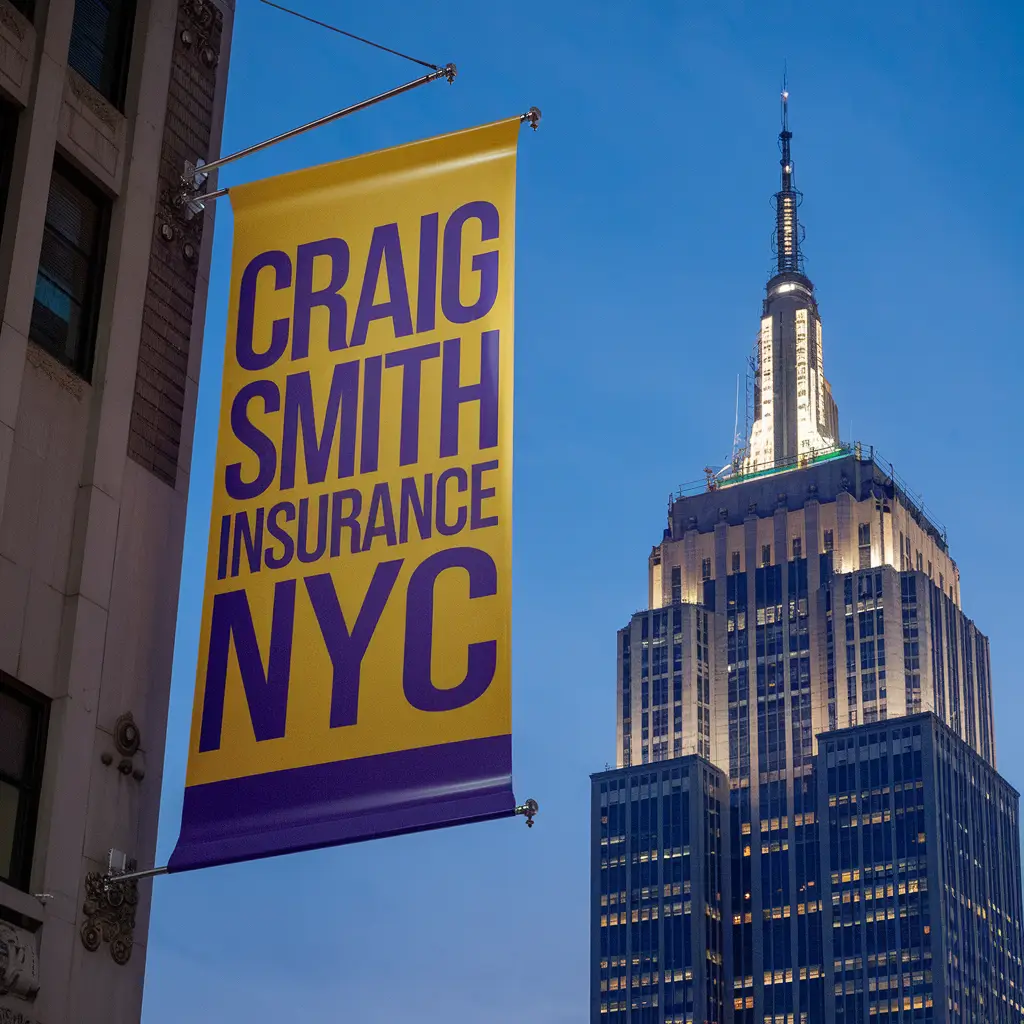TrOOP is the annual “Total out-of-pocket costs” and was also known before as “True out-pf-pocket costs”.
In general, TrOOP includes all payments for Medications listed on your plan’s formulary and purchased at a Network or participating Pharmacy. This includes payments that you made and payments that were made by others on your behalf. If you switch Medicare Part D plans during the plan year, your TrOOP will be transferred to your new plan it travels with you.
TrOOP is important because after spending $6,550.00 out-of-pocket in 2021. You move to the Catastrophic Coverage stage of your Medicare Part D coverage. In the Catastrophic Coverage stage, your medication costs are reduced to $3.70 for generics or $9.20 for brand-name drugs (or 5% of the drug cost – whichever is greater).
TrOOP includes the amount of your Initial Deductible (if any) and your co-payments or co-insurance during the Initial Coverage stage. While in the Donut Hole, it includes what you pay when you fill a prescription and of the 75% Donut Hole discount on brand-name drugs, it includes the 70% Donut Hole Discount paid by the drug manufacturer. The additional 5% Donut Hole discount on brand-name drugs and the 75% Donut Hole discount on generics do not count toward TrOOP as they are paid by your Medicare Part D plan.
TrOOP also includes payments made for your drugs by any of the following programs or organizations: “Extra Help” from Medicare; Indian Health Service; AIDS drug assistance programs; most charities; and most State Pharmaceutical Assistance Programs (SPAPs).
TrOOP costs are those prescription costs that can be used to calculate when you exit the Donut Hole or Coverage Gap and enter the Catastrophic Coverage stage of your Medicare Part D Coverage. The 2021 plan year Out-of-Pocket Threshold or maximum TrOOP before exiting the Donut Hole is $6,550.00.
What is excluded from TrOOP?
- Plan premium payments.
- Non-Formulary medications – prescription drugs not included on your plan’s drug list. See: How to Request a formulary exception to get a medication added to your drug list.
- “Bonus Drugs” – drugs covered by your plan’s supplemental coverage.
- Medication not covered by all Medicare Part D plans – for instance, over-the-counter drugs, drugs you receive during a hospital stay, or drugs prohibited from Part D coverage by law.
- Drugs purchased outside of the United States.
- Payments made for your drugs by any of the following programs: employer or union health plans; TRICARE; VA; Worker’s Compensation; and some other programs.
Click here to learn more about Part D









